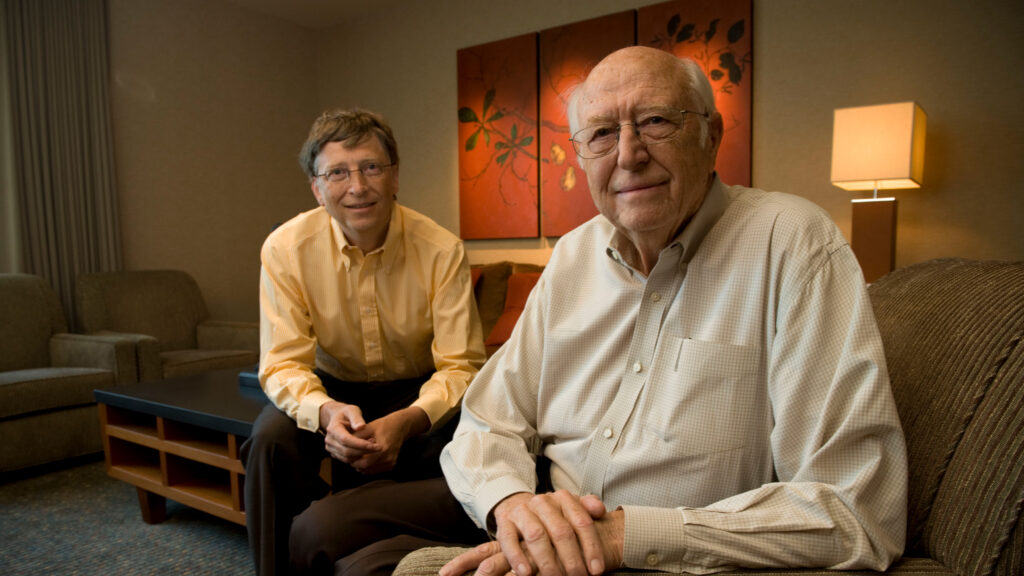As Father’s Day approaches, Bill Gates reflects on the ongoing impact of losing his father to Alzheimer’s disease in 2020. He recalls that his father’s influence shaped the values of the Gates Foundation and his vision for a better world. Despite the personal pain that accompanies the memory of his father, Gates has found solace in the advancements being made in the fight against Alzheimer’s and other forms of dementia.
Currently, over 7 million Americans are living with Alzheimer’s disease, translating to about one in nine individuals over the age of 65. With rising life expectancies, these figures are likely to continue increasing.
During a visit to Indiana in 2024, Gates learned about the promising developments in Alzheimer’s research at the Indiana University School of Medicine. He toured advanced biomarker labs and observed new automated diagnostic technologies. “It’s an exciting time in a challenging space,” Gates noted, highlighting the rapid evolution within the field.
One significant breakthrough he discussed is the advancement of blood-based diagnostic tests for Alzheimer’s, which have recently gained traction. The FDA approved the first blood test for individuals aged 55 and older in May, marking a huge milestone. These tests aim to detect the ratio of amyloid plaques in the brain, a key indicator of the disease. Previously, diagnoses were typically confirmed through more invasive methods such as PET scans or spinal taps, making timely detection difficult. The potential for a simple blood test could allow for earlier identification, as Alzheimer’s can begin manifesting 15 to 20 years before noticeable cognitive decline.
Gates acknowledged a common concern: “What is the point of getting diagnosed if I can’t do anything about it?” However, he emphasized that this concern soon may be irrelevant. The FDA has approved two medications that modestly slow disease progression, which could have a greater impact when used in conjunction with early diagnoses. Ongoing Phase 3 clinical trials are exploring how these drugs perform in individuals with presymptomatic Alzheimer’s, with results anticipated by 2026.
Additionally, he expressed optimism for further advancements in treatments as researchers continue to work on new drugs. A critical aspect of progressing in this area hinges on readily available diagnostic tools to facilitate clinical trial recruitment, which currently can take years. Gates hopes the new blood tests will expedite participant enrollment and accelerate drug development.
Strong support for Alzheimer’s research funding is vital, he stressed. Historical breakthroughs, such as understanding the role of amyloid proteins, relied heavily on federal grants. Cuts to funding agencies like the National Institutes of Health could jeopardize current momentum.
Gates concluded by emphasizing the importance of increased investment in research at this pivotal time, as collaborative efforts are gaining traction globally. He highlighted initiatives he supports, such as the Alzheimer’s Disease Data Initiative and the Global Research and Imaging Platform, aimed at enhancing cooperation among researchers to tackle the disease.
Reflecting on the past five years since his father’s passing, Gates expressed hope that the tide is turning in the battle against Alzheimer’s. “We are closer than ever before to a world where no one has to watch someone they love suffer from this awful disease,” he remarked.

